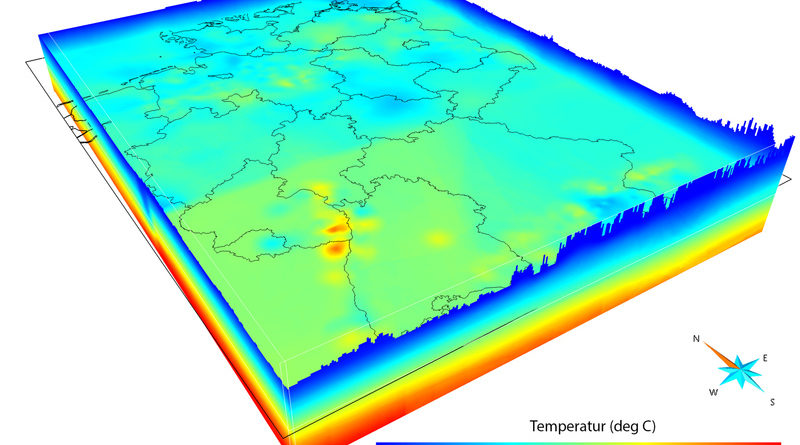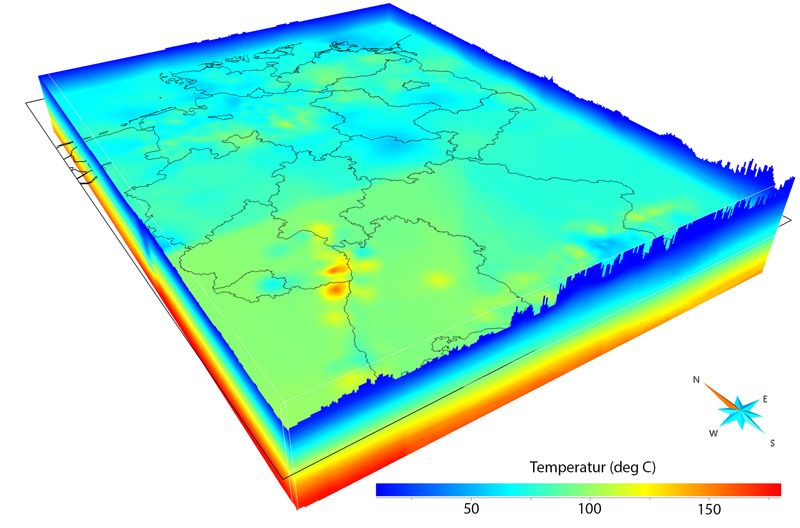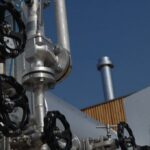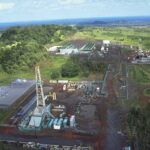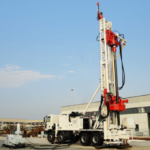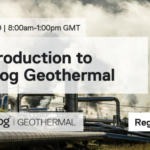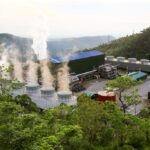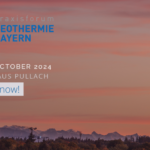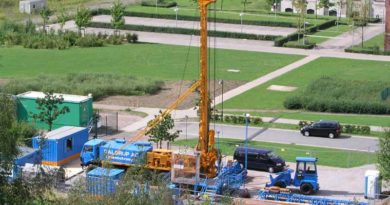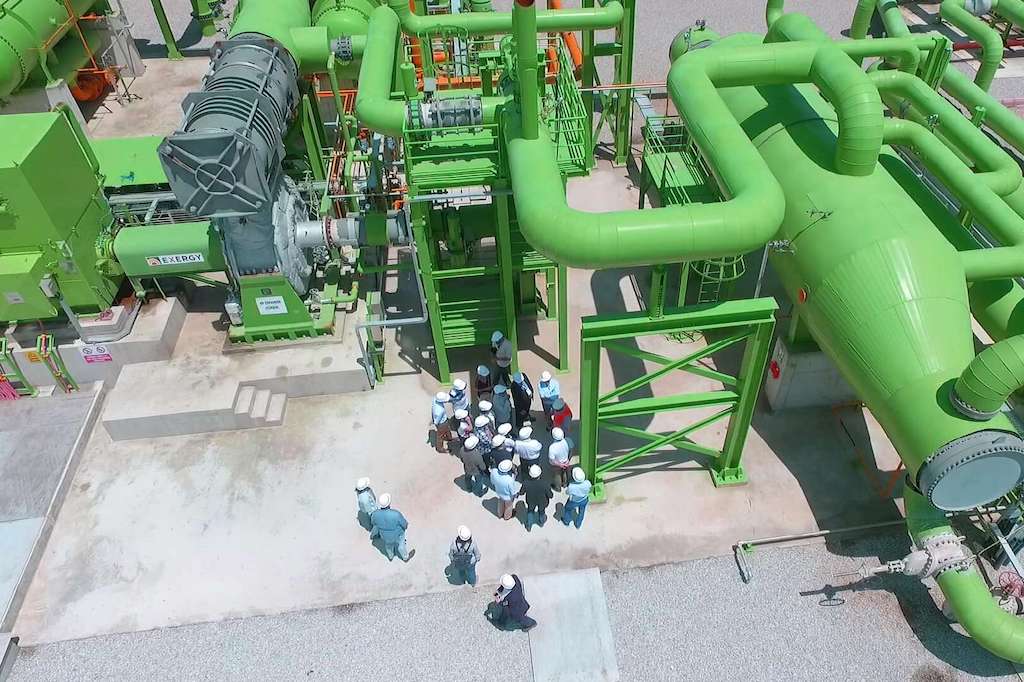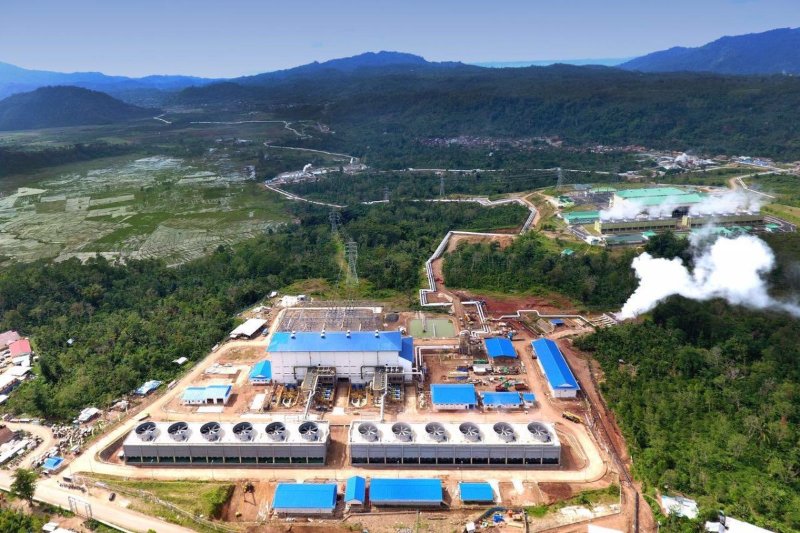German geothermal online platform GeotIS to be expanded
Energy Disrupter
The Geothermal Information System (GeotIS) of Germany is set to be expanded with more data, a better interface, and more e-learning courses through the ArtemIS project.
After more than ten years since it was launched, the Geothermal Information System for Germany or GeotIS will be expanded with more data and updated with a platform to make it more user-friendly. We first reported on GeotIS back in 2009 and also had a subsequent report on the site’s new interactive learning courses in 2020.
GeotIS was developed and is being maintained by the Leibniz Institute for Applied Geophysics. It has served as an overview of the deep geothermal resources in Germany and included data such as geological structures and subsurface physical parameters.
The joint project ArtemIS seeks to augment the data in GeotIS to include medium-deep geothermal resources. This will help municipal decision-makers with more data for deep and medium-deep geothermal development in the context of heat transition. Joining the ArtemIS project are LIAG, the Georg-August University of Gottingen, and the Technical University of Darmstadt.
Eight geoscientists and computer scientists will work on the project, which is expected to last until the end of 2024. Also included in the program is an expansion of the range of e-learning courses being offered on the website. The Federal Ministry of Economics and Technology (BMWK) is funding the project with approximately EUR 2 million.
Expansion of data in GeotIS will be aided with artificial intelligence and deep learning. These will be applied to drilling data collection and analysis, potentially reducing the work needed for developing borehole data for reservoir characterization. These technologies can be also be used to generate hypothetical 3D subsurface models which, for instance, can help in estimating the geothermal power of a doublet to be installed in the region.
Source: Leibniz Institute for Applied Geophysics

